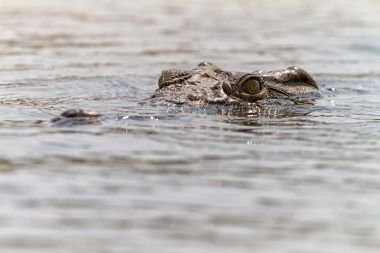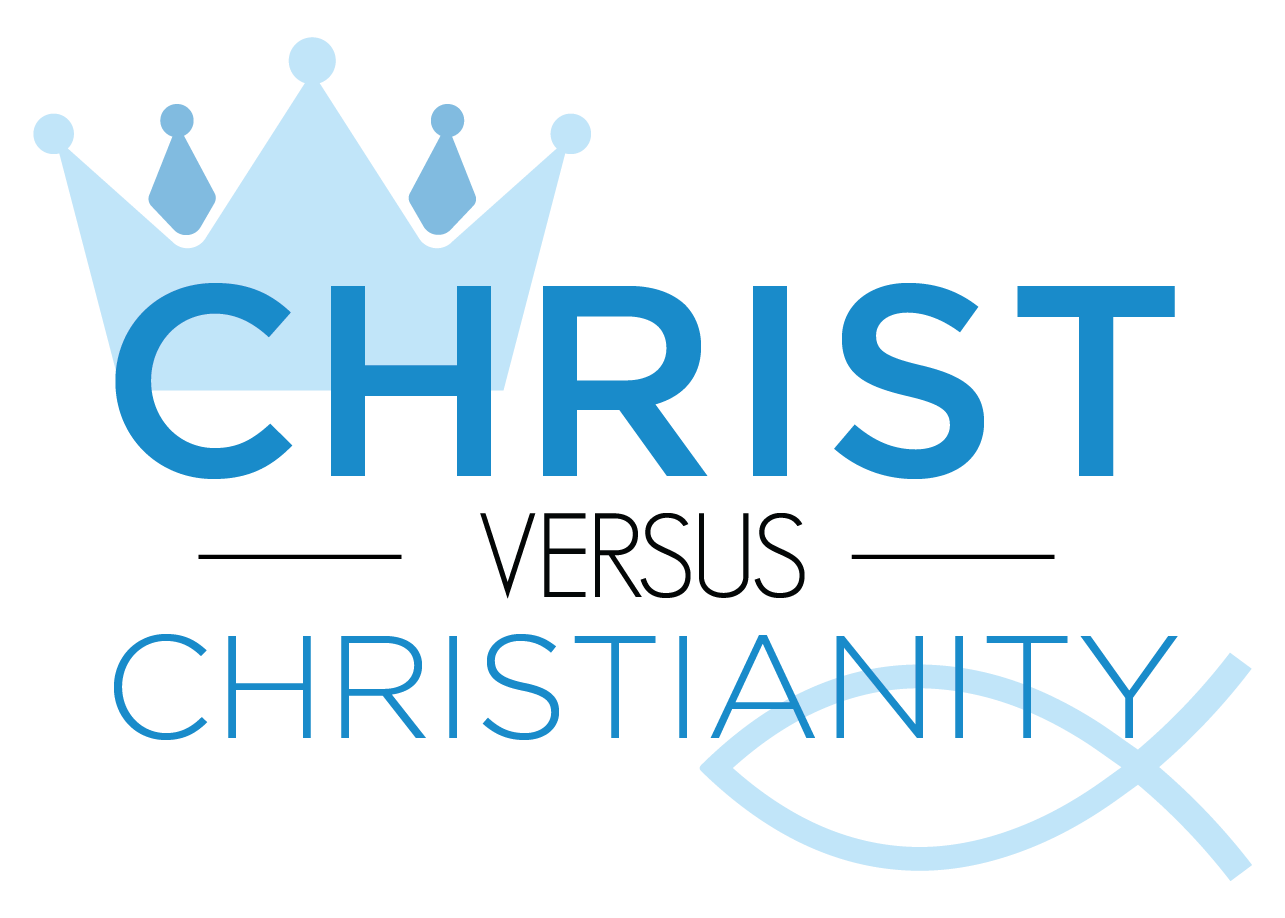
Escaping Gustave
The danger lurking in the Ruzizi River is an apt metaphor for an even more deadly foe we all face.
As I write here in Bujumbura, the capital of Burundi in east-central Africa, I can see out of my window the deceptively small-looking Lake Tanganyika, filling part of the great African rift. This deep lake holds almost 20 percent of the world’s fresh water. Beyond it, the mountains of the eastern Congo darken the horizon. Just a few miles toward the border, the Ruzizi River empties into Lake Tanganyika. Along the Ruzizi, I’ve seen hippopotami and a plethora of amazing tropical birds.
Man-eater
The river is also the den of a darker denizen. His name is Gustave. He’s one of the largest Nile crocodiles ever encountered. Estimates of his length surpass 20 feet (6 meters), and he could literally weigh a ton (900 kilograms).

Villagers living near the river are understandably terrified of him, because he is said to have killed as many as 300 people! Whenever he is sighted, warnings are announced on local radio stations. If a big crocodile snaps his jaws shut on a person, it’s almost certainly going to be fatal. The victim is dragged under the water to drown. A few people have escaped a crocodile by striking it on the snout or stabbing at its eyes, but once he has a grip, odds of escape are very poor.
Defending against crocs
The only good defense against a large crocodile is to avoid the places he might be. Crocodiles can attack from underwater. We may not see them, but they can see us. My wife learned this on the banks of the Zambezi, when she was rinsing her hands. I suggested she not take too long. “There could be a croc there,” I warned. She thought I was joking until she saw the wide eyes and nod of our guide. She didn’t linger. …
I’ve learned when in crocodile country not to loiter at the water’s edge. A safe distance is 15 feet (5 meters) or more. One shouldn’t lean over water from a boat, tree or river bank, since under certain circumstances a crocodile can launch almost its entire body length above the surface to snatch prey.
There are other safety guidelines. When it comes to crocodiles, prevention is certainly better than cure.
When sin is like a crocodile
The Bible encourages us to treat sin, the transgression of God’s law, rather like a large crocodile: to avoid situations where it might take us by surprise. God warned Cain: “And if you do not do well, sin lies at the door” (Genesis 4:7). Sin lurks like a deadly beast, waiting to strike if we give it the opportunity.
When I walk in crocodile zones, I’m always aware of the water’s edge. Sometimes I go through a “what if” exercise: What if there was a croc here or over there? So should we do in our spiritual lives: What sin could lie at this door? “A prudent man foresees evil and hides himself, but the simple pass on and are punished” (Proverbs 22:3).
James wrote: “But each one is tempted when he is drawn away by his own desires and enticed. Then, when desire has conceived, it gives birth to sin; and sin, when it is full-grown, brings forth death” (James 1:14-15). We are to be alert to our spiritual surroundings and remain focused to avoid being taken unaware. We must be conscious of our own proclivities, giving a wide berth to situations that might lead us into temptation.
To remain observant and cautious about our environment and our own inclinations is crucial. Keeping a respectful distance is the only way to escape Gustave.
–Joel Meeker
@JoelMeeker



